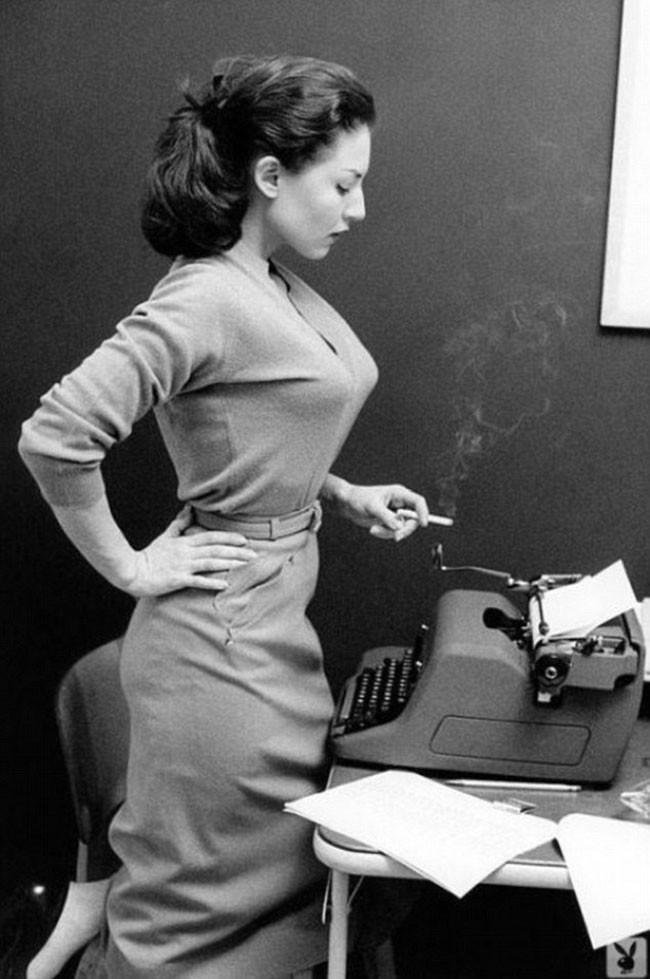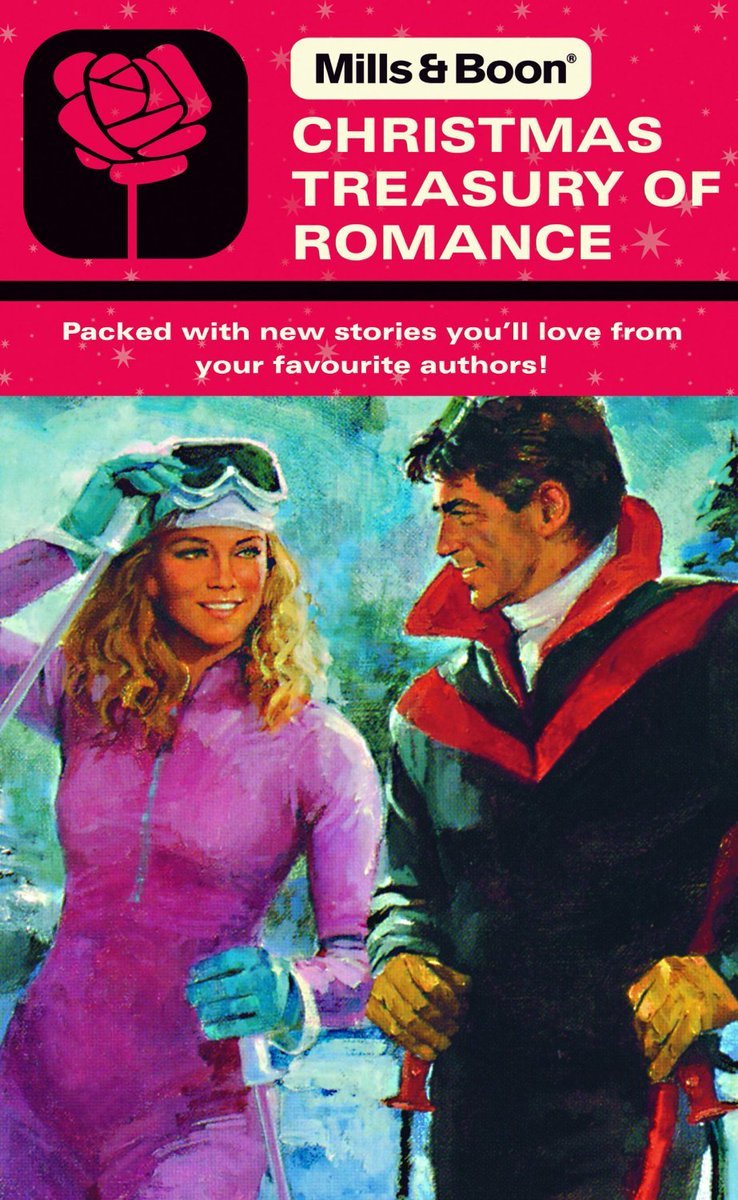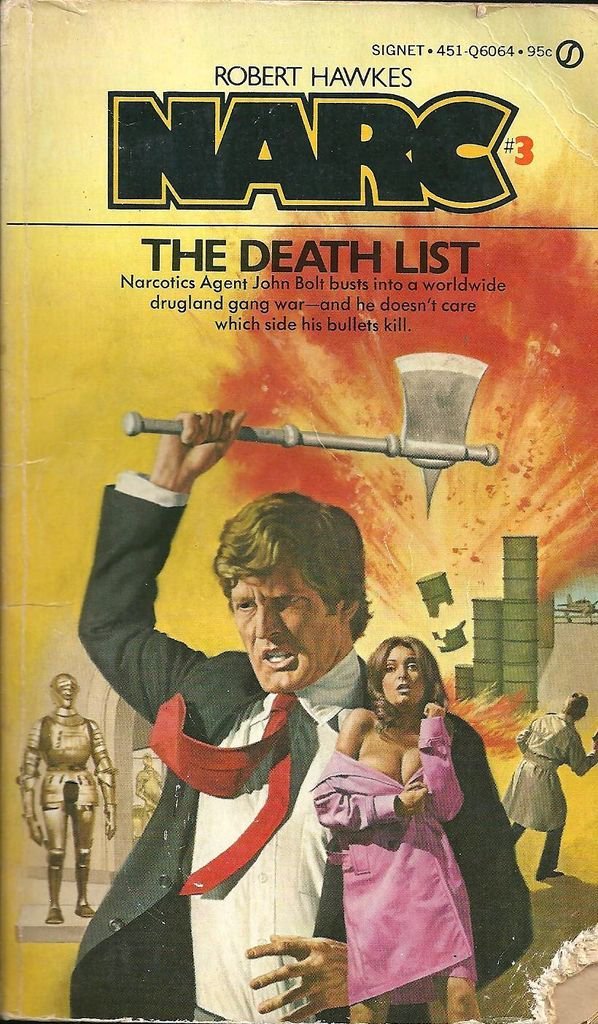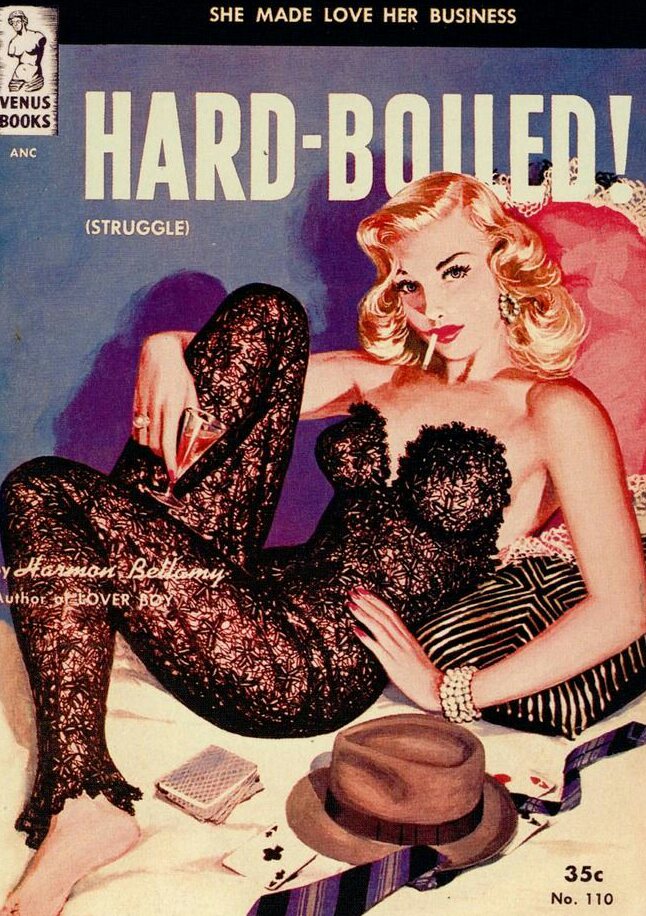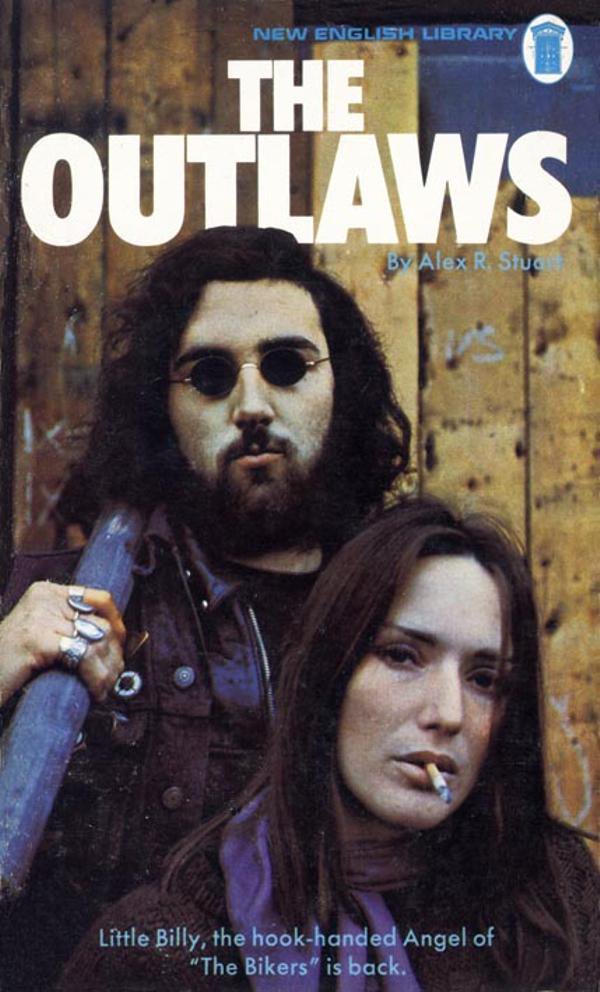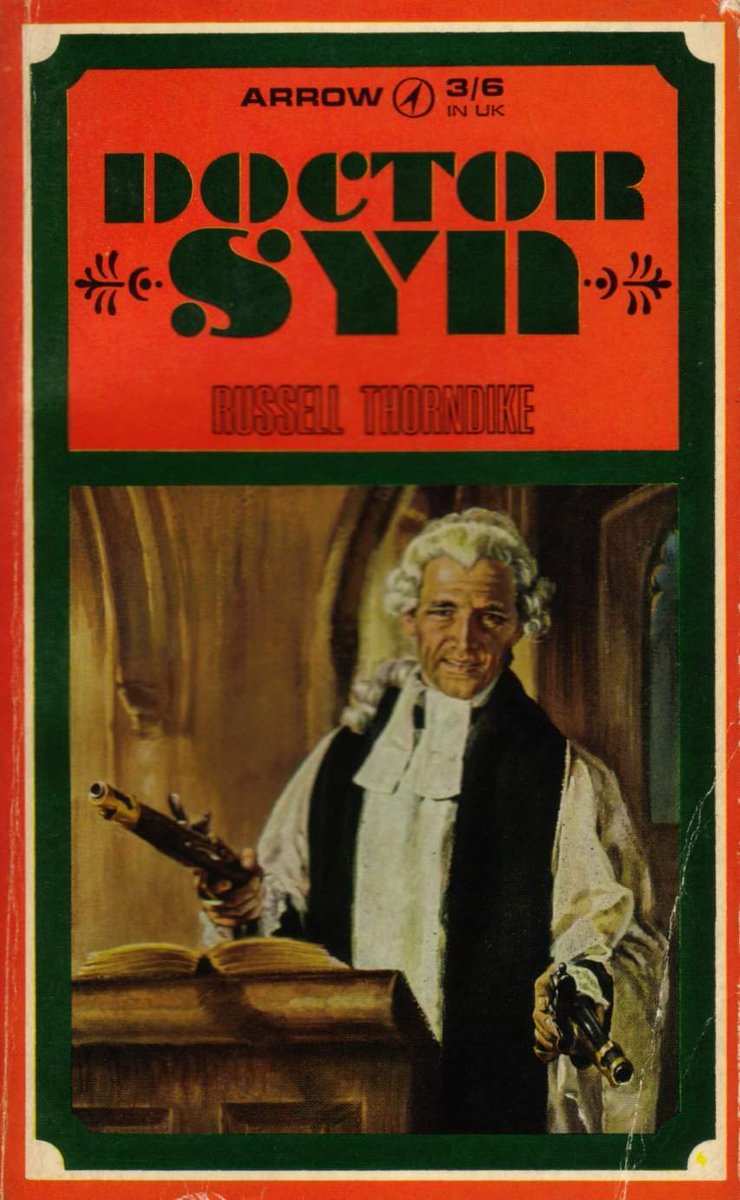It's #NationalWritingDay today, so let's look back at a few famous literary rejection letters!
Everyone's a critic...
Everyone's a critic...

“An endless nightmare. I think the verdict would be ‘Oh don’t read that horrid book.'”
Rejection letter quote for War Of The Worlds, a novel by H.G. Wells.
Rejection letter quote for War Of The Worlds, a novel by H.G. Wells.

“Too radical of a departure from traditional juvenile literature.”
From an initial rejection letter for The Wonderful Wizard Of Oz, a novel by L. Frank Baum.
From an initial rejection letter for The Wonderful Wizard Of Oz, a novel by L. Frank Baum.

“We feel that we don’t know the central character well enough.”
Rejection letter quote for The Catcher In The Rye, a novel by J.D. Salinger.
Rejection letter quote for The Catcher In The Rye, a novel by J.D. Salinger.

“Hopelessly bogged down and unreadable.”
From a rejection letter for The Left Hand Of Darkness, a novel by Ursula K LeGuin.
From a rejection letter for The Left Hand Of Darkness, a novel by Ursula K LeGuin.

“An absurd and uninteresting fantasy which was rubbish and dull.”
A scathing rejection letter for Lord Of The Flies, a novel by William Golding.
A scathing rejection letter for Lord Of The Flies, a novel by William Golding.

“Apparently the author intends it to be funny - possibly even satire - but it is really not funny on any intellectual level.”
From a rejection letter for Catch-22, a novel by Joseph Heller.
From a rejection letter for Catch-22, a novel by Joseph Heller.

"Your pigs are far more intelligent than the other animals, and therefore the best qualified to run the farm.”
A somewhat pedantic rejection letter for Animal Farm, a novel by George Orwell.
A somewhat pedantic rejection letter for Animal Farm, a novel by George Orwell.

"First, we must ask, does it have to be a whale?"
Rejection letter quote for Moby Dick, a novel by Herman Melville.
Rejection letter quote for Moby Dick, a novel by Herman Melville.

Whatever you do as a writer, stick to it. Success involves knocking on many doors before you decide which one you're going to kick down! #NationalWritingDay 

• • •
Missing some Tweet in this thread? You can try to
force a refresh



